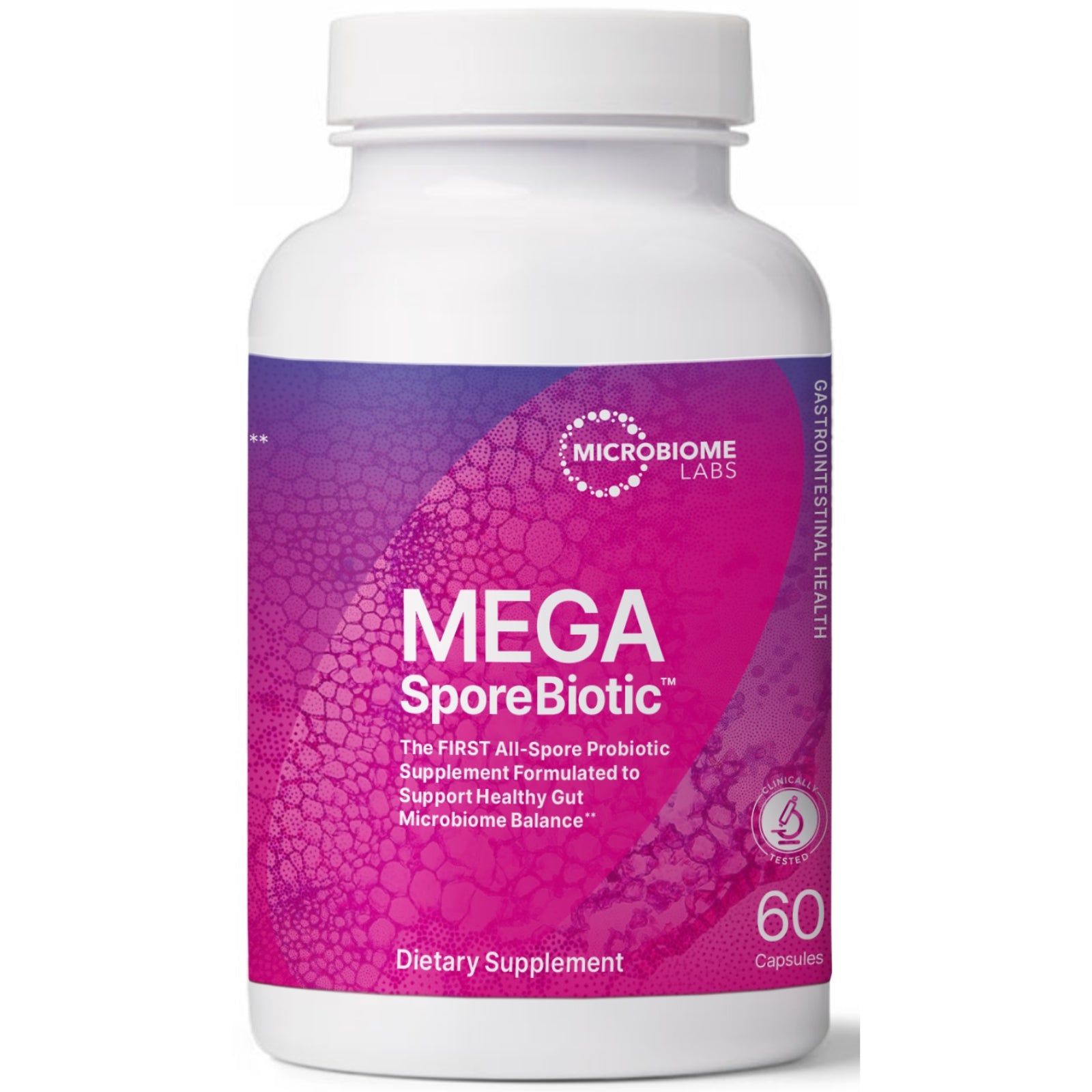Here's what also improved when kids took the fatty acid supplements.
Getting kids to behave is no easy task, but according to a new study, giving your child this type of supplement might be able to help.
Researchers from UMass Lowell have found that omega-3 fatty acid supplements may reduce disruptive behavior, as well as abusive behavior, in kids. The fatty acid, found in fatty fish like mackerel and salmon, and other foods like walnuts, chia seeds and soybeans, is believed to offer an array of health benefits like lowering blood fat and inflammation. And back in 2013, a Swedish study found that omega-3s might help children with ADD. This latest finding suggests there's an additional reason parents might want to give their children the supplement.
In the study, which is published in the journal Aggressive Behavior, 200 children were randomly selected so that half would receive a fruit drink containing one gram of Smartfish Recharge omega-3 fats and the other half would get the same drink, but without omega-3s. The kids, their adult caregivers and research staff were left purposely unaware as to which group received what.
Throughout the study, which ended a year after the children first started with the treatment, adult caregivers reported some arguing with their partner and child-directed physical assault and psychological aggression. However, the adults with kids who got the drink with the omega-3s experienced "long-term reductions in psychological aggression" from their children, according to the abstract.
But children's behavior wasn't the only thing that improved. Researchers saw that when kids' behavior got better, their parents' behavior got better as well, and moms and dads were less likely to argue with each other or verbally abuse each other.
“This is a promising line of research because omega-3 fatty acids are thought to improve brain health in children and adults," said lead study author Jill Portnoy, an assistant professor in UMass Lowell’s School of Criminology and Justice Studies. "There is more to be learned about the benefits, but if we can improve people’s brain health and behavior in the process, that’s a really big plus."
So should we all start stocking up on omega-3 supplements soon?
As one Reddit user claimed in a thread discussing the findings, the study was sponsored in part by "Smartfish AA, a Norwegian, 'medical nutrition' company that makes fish-oil based products marketed as sports drinks," involved a very small population size and probably relied on self-reported data from the caregivers—all of which could make the findings unreliable.
And according to a new study from the United Kingdom, omega-3s might be all hype anyways. As Quartz reports, the study, which reviewed 79 randomized trials that altogether involved more than 112,000 people, found that taking omega-3 supplements “probably makes little or no difference to risk of cardiovascular events, coronary heart deaths, coronary heart disease events, stroke or heart irregularities.” Researchers also said that people typically get an adequate amount of fatty acids from what they usually eat, and getting more omega-3s via supplements probably won't make a big difference in their health.
For now, we'll remain part dubious, part hopeful about these findings.
Written by Maricar Santos for Working Mother and legally licensed through the Matcha publisher network. Please direct all licensing questions to legal@getmatcha.com.

